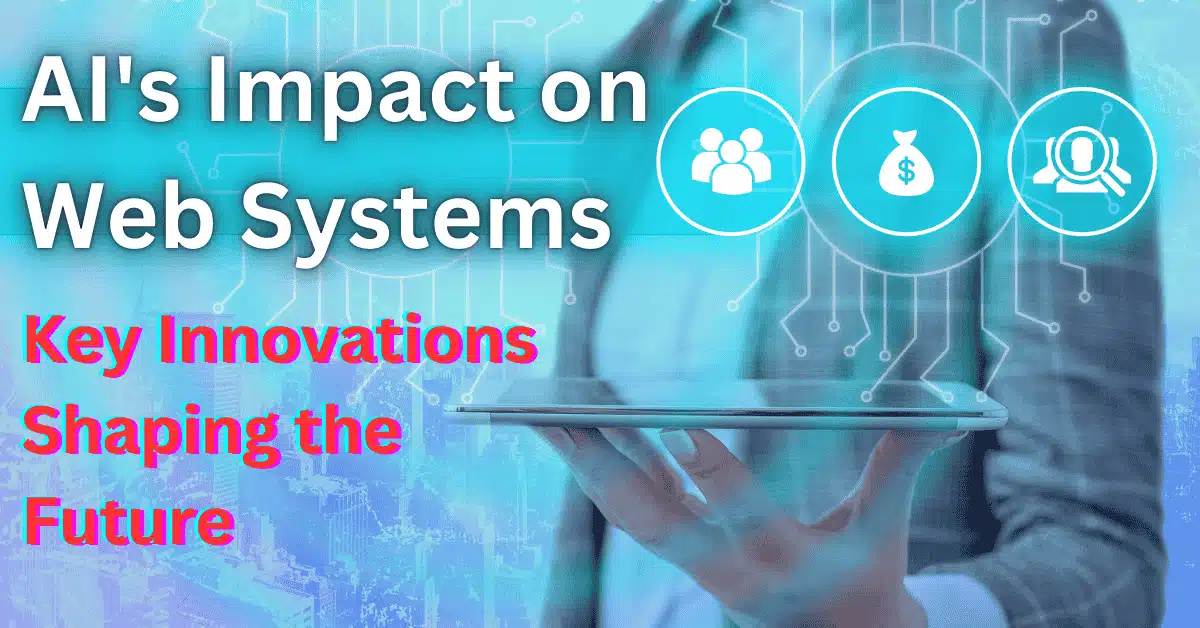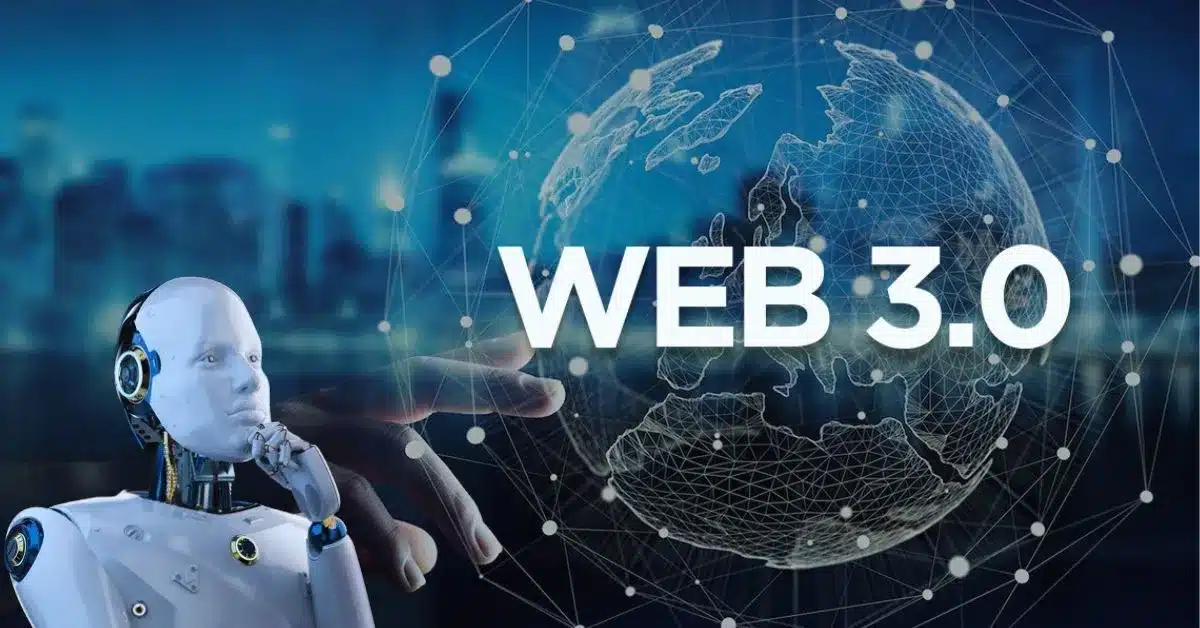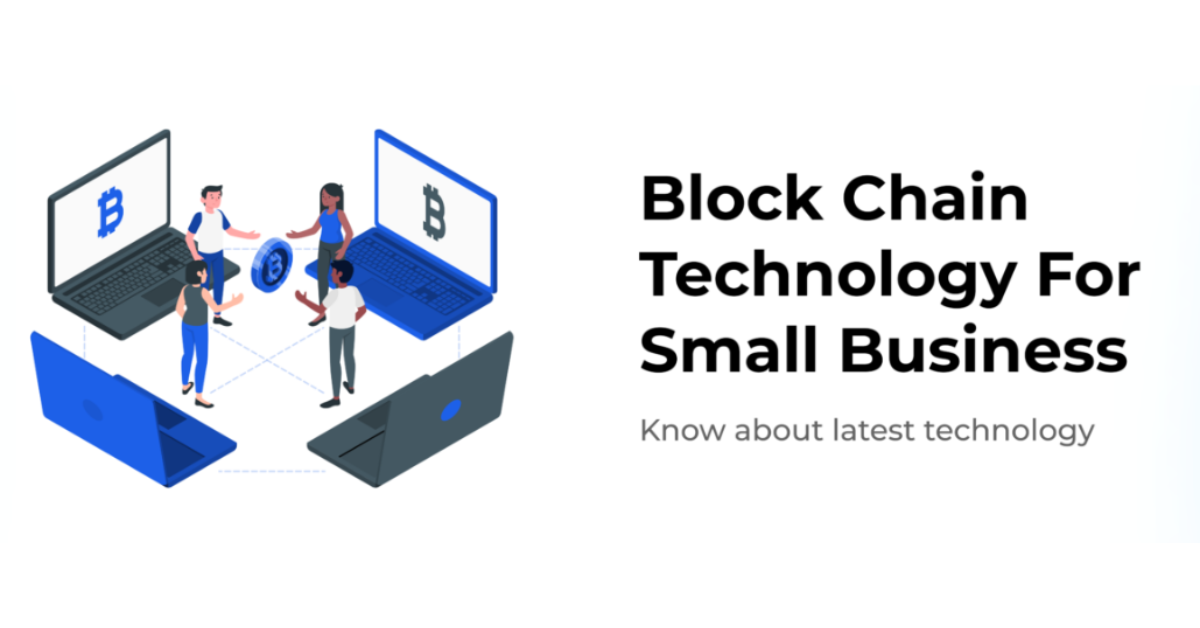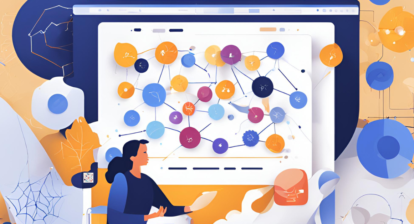Introduction
AI is commonly utilized in our digital lives, especially on the web, to create efficient, personalized, and secure user experiences. AI has a huge impact on online systems, from user interactions to security. We’ll discuss how AI is revolutionizing online systems’ tailored user experiences, customer service automation, web security, content optimization, and complex search capabilities.
1. AI-Powered Personalization
Improving Web Experiences Personalization is a prominent AI application in web systems. To improve online engagement and efficiency, AI systems adjust content and product recommendations to user behavior, preferences, and past interactions.
AI-powered recommendation systems predict user-relevant content via collaborative and content-based filtering. E-commerce and streaming sites are good examples. Amazon recommends products based on browsing histories, whereas Netflix recommends based on viewing habits.
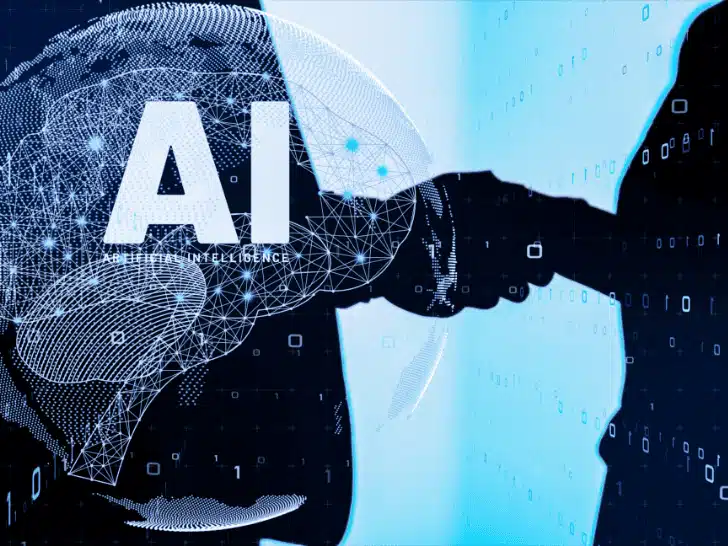
AI Personalization Benefits:
Saves time and makes relevant recommendations, increasing user experience.
Business benefits: Higher engagement, retention, and conversion. Businesses can reduce turnover and boost customer happiness with personalized experiences.
However, customization is difficult. Personalization must be balanced with privacy because excessive data tracking can invade user privacy. Data usage, consent, and AI model biases that may slant recommendations are also ethical issues.
2. AI and Chatbots: Transforming Customer Service
Chatbots are replacing human customer service by providing quick responses and guidance. These bots employ NLP to understand and answer user questions in a conversational manner.
Rule-based and AI-powered chatbots are the major categories. Rule-based bots follow a script and are great for simple tasks, but AI-driven chatbots learn and can manage complicated discussions, making them perfect for e-commerce, health care, and service websites.
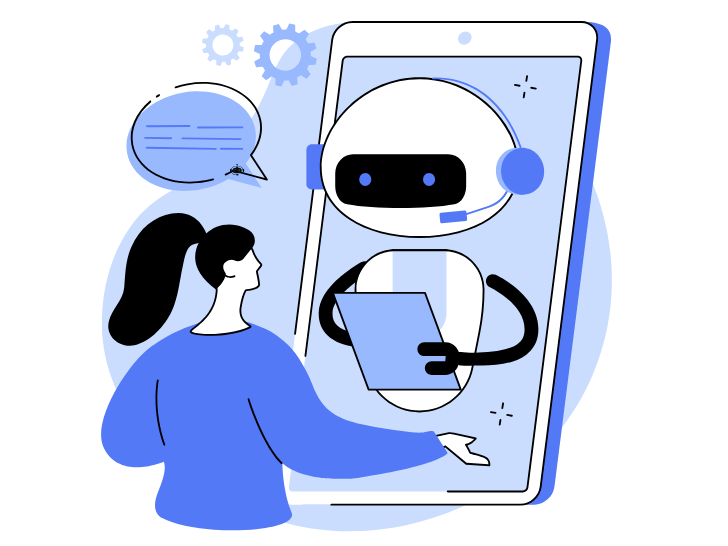
AI Chatbot Impact:
AI chatbots reduce wait times and improve customer service by responding instantly.
Cost efficiency: By answering basic questions, AI chatbots help firms optimize their labor and focus on more complicated issues.
Advanced NLP breakthroughs are helping chatbots grasp context, emotions, and user sentiment, improving future user encounters. Since customers may not understand they are talking with AI, AI chatbots raise questions about customer service job displacement and transparency ethics.
3. Web Security with AI: Data Protection and User Trust
Web systems prioritize security, and AI helps discover and mitigate cybersecurity problems. AI can identify irregularities and dangers including phishing, malware, and fraud.
For sensitive sites like financial services and e-commerce, machine learning models can detect fraud. AI can monitor user behaviors to identify suspicious trends that may signal fraud, speeding up breach response.

Security Enhancement via AI:
AI-powered technologies can monitor online traffic and discover and eliminate threats in real time.
Improvements to authentication: More AI-based solutions like facial recognition and behavior-based authentication are improving security and user experience.
Although beneficial, AI in security has limitations. Cybercriminals are utilizing AI to design more sophisticated assaults, pitting security professionals against hackers. Overreliance on AI for security might lead to vulnerabilities if AI systems are not properly maintained or updated.
4. How AI is Changing Web Content Generation and Optimization
From copywriting automation to SEO improvements, AI is improving content generation and optimization. AI models like Generative Pre-trained Transformers (GPT) may generate coherent articles, ads, and social media posts, helping marketing teams maintain content consistency.
AI can scan massive amounts of data to anticipate the most traffic-driving terms, helping SEO. AI-driven content generating technologies optimize blog posts, landing pages, and email marketing campaigns to reach the right audience with the correct message.
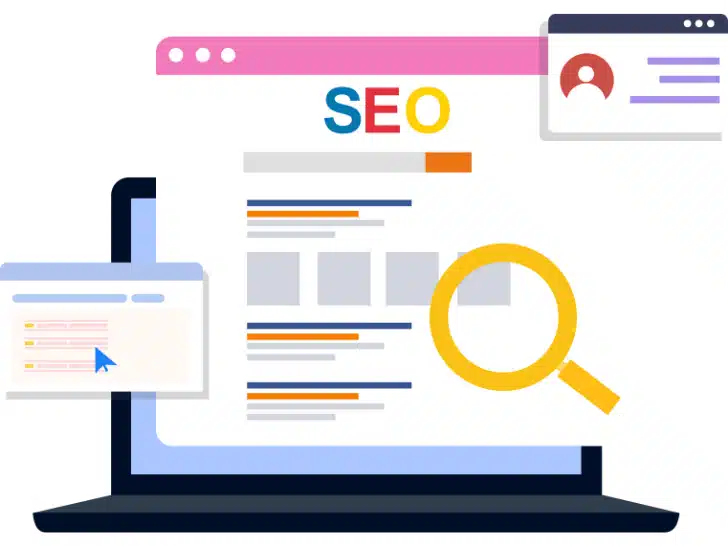
Benefits of AI in Content Generation:
Improved efficiency: Automated content generation frees marketing professionals to focus on strategy.
SEO optimization: AI systems evaluate keywords, user behavior, and trends to boost search ranks and content engagement.
AI-generated material has ethical issues: AI-generated work may lack human writing’s personal touch or distinctive perspective, raising questions about authenticity, originality, and copyright.
5. AI-Enhanced Search Improves Web Accessibility and Navigation
Search is essential to user experience, and AI has greatly increased its accuracy and efficiency. Machine learning helps AI engines grasp search context and intent, delivering more relevant results.
AI-powered voice and visual search are growing on websites. Visual search, popular in retail and design, lets users search visuals instead of text. Voice search is best for mobile users.

AI in Search:
Increased user experience: AI-driven search engines can understand complex searches, helping users discover what they need faster.
AI-enabled voice-activated searches and screen readers make websites easier for visually impaired users.
AI in search offers interesting prospects for hyper-personalized search results based on keywords, preferences, and behaviors. If AI uses personal data without agreement, these improvements may compromise privacy.
Conclusion
AI in online systems makes the internet more safe, personalized, and efficient. AI is changing how we use websites by customizing material, offering fast customer care, improving security, and optimizing content. Web developers and companies will have more options to give users seamless and unique online experiences as AI technology advances. To construct a web that benefits everyone, ethical considerations and user privacy must be balanced.
AI will undoubtedly play a larger role in web systems in the future years, offering more advanced personalization, better security, and novel user experiences that push online boundaries.
